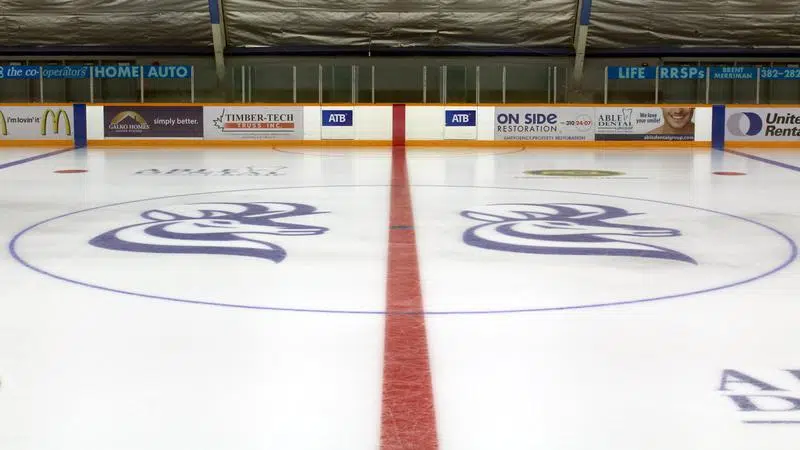
U of L-community committee to explore viability of Pronghorns hockey
LETHBRIDGE, AB – A new committee has been established that would look into the possibility of bringing the University of Lethbridge’s hockey programs back.
The university announced on April 20 that it would be discontinuing their men’s and women’s varsity hockey teams after getting three straight years of reductions to its operating grant. More details here.
Since last fall, they have eliminated 60 positions, and with two more signaled cuts to the provincial operating budget in 2021-22 and 2022-23, the U of L said in a statement that it will be required to make “further significant reductions.”
Now, the school plans to form a committee consisting of donors, alumni, and university representatives.


